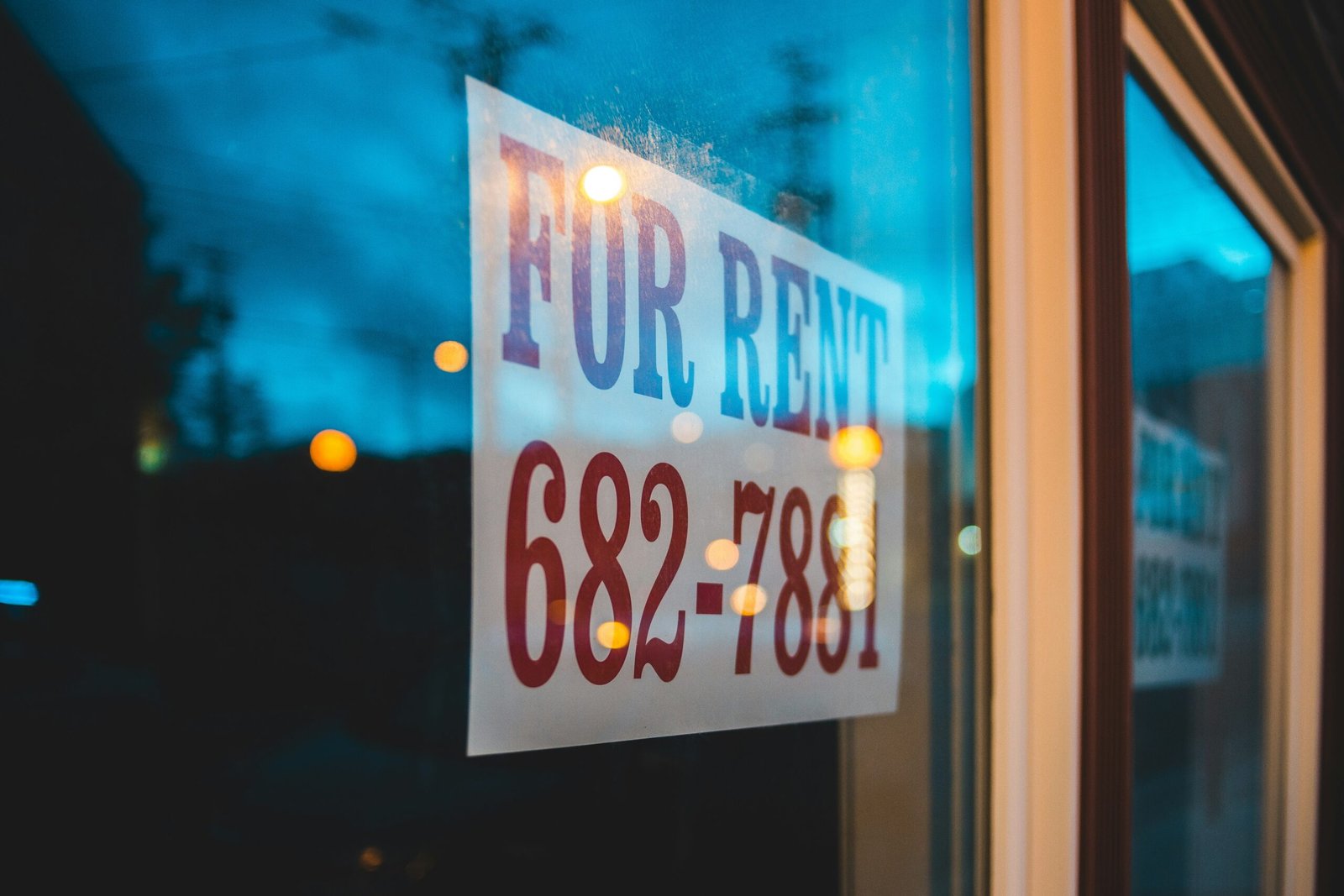The Power of Deferral: Maximizing Profits through the 1031 Exchange in Real Estate
Real estate investment can be a lucrative venture, but it also comes with its fair share of challenges. One of the biggest challenges investors face is the capital gains tax that is imposed when they sell a property at a profit. However, there is a powerful tool that can help investors defer this tax and maximize their profits – the 1031 exchange.
What is a 1031 Exchange?
A 1031 exchange, also known as a like-kind exchange, is a provision in the United States Internal Revenue Code that allows real estate investors to defer paying capital gains tax on the sale of a property if they reinvest the proceeds into a similar property. This provision is named after Section 1031 of the Internal Revenue Code.
By taking advantage of a 1031 exchange, investors can defer paying taxes on their capital gains, allowing them to reinvest the full amount of the sale proceeds into a new property. This can have a significant impact on their overall profitability and wealth accumulation.
The Benefits of a 1031 Exchange
There are several key benefits that make the 1031 exchange an attractive option for real estate investors:
1. Tax Deferral
The primary benefit of a 1031 exchange is the ability to defer paying capital gains tax. This means that investors can keep more of their profits working for them, allowing them to reinvest a larger amount into a new property. By deferring the tax, investors can leverage the power of compounding and potentially generate even greater returns over time.
2. Portfolio Diversification
A 1031 exchange also provides investors with the opportunity to diversify their real estate portfolio. By selling a property and reinvesting in a different property type or location, investors can spread their risk and potentially take advantage of emerging markets or sectors. This can help protect their investments against market fluctuations and enhance their overall portfolio performance.
3. Increased Cash Flow
Another advantage of a 1031 exchange is the potential for increased cash flow. By exchanging a property that may not be generating optimal rental income for one that has better income potential, investors can boost their monthly cash flow. This additional income can be used to reinvest in further real estate opportunities or to cover expenses and improve overall financial stability.
The Process of a 1031 Exchange
While the benefits of a 1031 exchange are clear, it is important to understand the process involved:
1. Qualified Intermediary
When initiating a 1031 exchange, investors must work with a qualified intermediary (QI). The QI plays a crucial role in facilitating the exchange by holding the funds from the sale of the relinquished property and ensuring that they are used to acquire the replacement property. It is important to choose a reputable and experienced QI to ensure compliance with IRS regulations.
2. Identification Period
Once the relinquished property is sold, investors have 45 days to identify potential replacement properties. The IRS has specific rules regarding the identification process, including the maximum number of properties that can be identified and the value of those properties. It is essential to adhere to these rules to maintain eligibility for the tax deferral.
3. Exchange Period
After identifying potential replacement properties, investors have 180 days from the date of the sale of the relinquished property to complete the exchange. During this period, the QI will facilitate the purchase of the replacement property using the funds from the sale. It is crucial to complete the exchange within this timeframe to qualify for the tax deferral.
Conclusion
The 1031 exchange is a powerful tool that allows real estate investors to defer paying capital gains tax and maximize their profits. By taking advantage of this provision, investors can keep more of their profits working for them, diversify their portfolio, and increase their cash flow. However, it is important to carefully navigate the process and work with qualified professionals to ensure compliance with IRS regulations. With proper planning and execution, the 1031 exchange can be a game-changer for real estate investors looking to optimize their returns and build long-term wealth.




